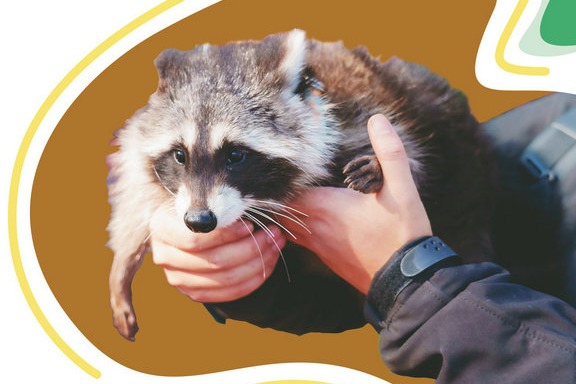Seeds of hope grow into a force of nature
World renowned primatologist in Beijing to celebrate key anniversary of wildlife program, Zhao Xu reports.


The award-winning project involves collaboration between high school and university students and local fishermen, who have come into direct contact with the water mammals in their daily work. The students support the fishermen's children through free tutoring sessions — an example of the community-based conservation that Goodall has always championed.
"We are a grassroots organization with a bottom-up approach. Anyone who wants to join our program can do so by forming a team with like-minded friends and neighbors. From there, they can develop their own ideas — whether it's building roosts for migrating birds or conducting a study on waste disposal. Our role is mainly supportive: We provide the resources, guidance, and platform the young people need to bring their visions to life," says Jiang, reflecting on the fact that Goodall launched the Roots and Shoots program in 1991, after a talk on the back porch of her home in Tanzania with a group of 12 local teenagers eager to develop solutions to the environmental and ecological challenges they saw around them.
Writing in an article on June 4, 2017, one day before World Environment Day, Goodall recalled her China experiences which started with her first visit to the country in 1998, upon the invitation of Liang Congjie (1932-2010), a prominent Chinese environmentalist and social activist, and four years after the Roots and Shoots program was brought to China by a Canadian friend of hers who also helped found the Western Academy of Beijing, a school for the city's growing expatriate community.
In the article, Goodall recalled her conversations with George Schaller of the World Wildlife Fund, the first Western scientist invited by the Chinese government to work at the Wolong National Nature Reserve. This reserve, located in Sichuan near the border of the Xizang autonomous region, is home to the giant panda. "When he left (in the 1980s), he told me he was pessimistic about the future of the iconic animal in the wild," wrote Goodall.

A few thousand words later, Goodall's readers got an update: "The situation regarding wild pandas has improved to the extent that it is now classified as 'vulnerable' rather than 'endangered' by the International Union for Conservation of Nature. This is due to enforcing bans prohibiting poaching and the government decision, in 2006, to expand and connect the scattered nature reserves … where half of China's wild pandas live," she wrote. "I'm told that Schaller commented how glad he was that things had turned out so much better than he had predicted."
Optimism has been the driving force behind Goodall's relentless advocacy for animal rights and environmental protection.
Back in 1966, Goodall watched helplessly as a devastating polio epidemic struck the chimpanzees at Tanzania's Gombe Stream National Park, where she had made her world-famous study on what she called "our closest kin".
Mr McGregor, one of the chimps Goodall had studied and befriended, lost both legs and was "unable to use even one arm" — to quote the primatologist — due to the epidemic, which was likely to have been transmitted from humans.
"We immediately found out that we could vaccinate the chimps. It was a bit late, but maybe it (the epidemic) would have gone on if we hadn't (vaccinated them)," said Goodall to her interviewer many years later. "But McGregor had to be shot (due to the seriousness of his condition)."
When prompted by a reporter that some fellow scientists believe that she should have "let nature take its own course", Goodall answered, "Sorry, I don't care what anybody said … I couldn't watch an animal suffering any more than I could watch a human suffering and not help if I could."
Contact the writer at zhaoxu@chinadaily.com.cn




































